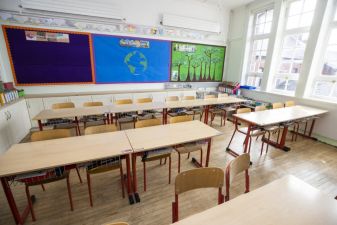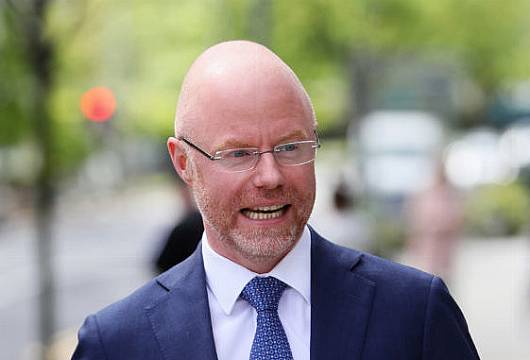The Minister for Health has expressed concern about non-Covid healthcare, particularly deferred cancer care and people who held back from visiting their GP during the pandemic.
Stephen Donnelly told RTÉ radio’s Today with Claire Byrne show that he wanted the Budget to fund the prioritisation of cancer services, but that the system was unfair as it was, which was why his priority was universal healthcare.
There remained a lot more to do within the healthcare system. He said he “would love to hold on to as much as possible” of the €21 billion allocated to the health service last year.
Post-Covid the issue would be that patients were sicker, older and had deferred care, all of which would lead to longer lengths of stay in hospital.
Last year’s Winter Plan for the health service had been very successful, Mr Donnelly said, and there was a need to do that again and to tackle the waiting lists.
'Inadequate' maternity services
On the issue of partners attending births in maternity units, Mr Donnelly said that the National Immunisation Advisory Committee (Niac) advice was that pregnant women and their partners should be vaccinated.
He added that the country was rapidly getting to the situation where the situation was not where Covid-19 was a problem, but the inadequate maternity services.
Mr Donnelly meanwhile expressed confidence in the return to school, and said that public health controls were working and the rates of Covid-19 transmission were falling significantly. The rate in those over aged 13 or older was coming down, he said.
Great credit was due to the education partners, he said. The success was a result of the vaccination programme and the support of students and their parents.
Plan B

When asked if there was a Plan B in case numbers increase, Mr Donnelly said that if that were to happen, then plans could change.
In the UK restrictions had been lifted quickly and now some parts, such as Scotland, were “in real trouble”, he said.
The 14-day incidence rate of Covid-19 in Ireland was down from 550 to 450, he said. “We’re not out of the woods, but our phased approach is working.”
The numbers were being monitored very closely, he added. The latest fully vaccinated rates were 90 per cent for the aged 18-plus group, 88 per cent for 16-plus and 83 per cent for the 12-plus cohort.







